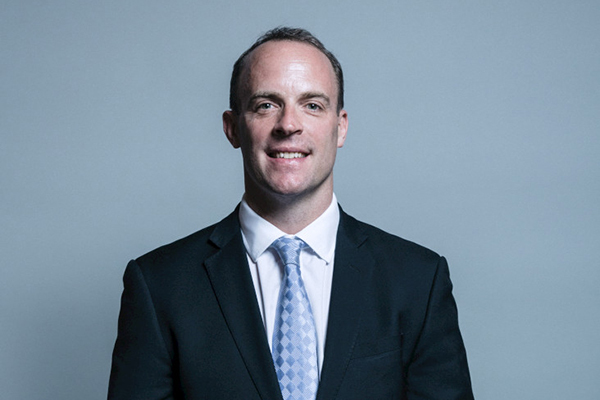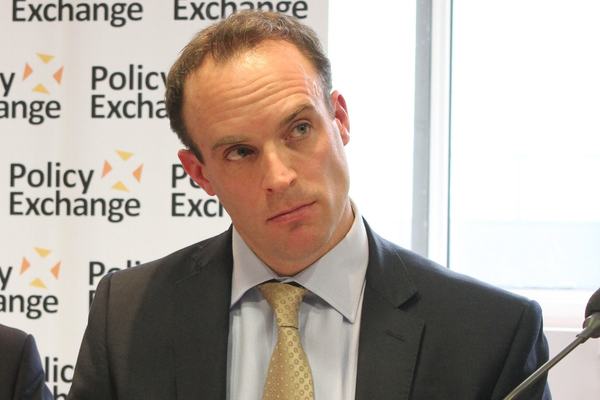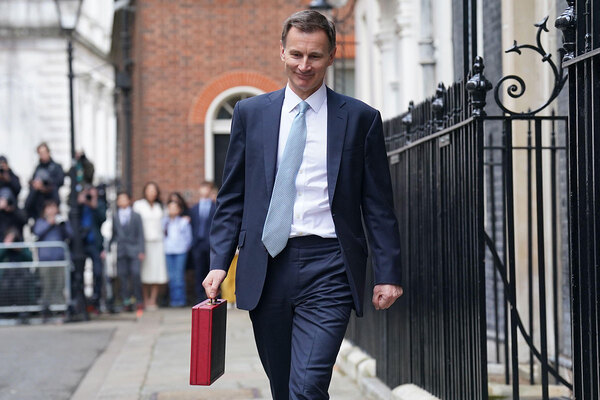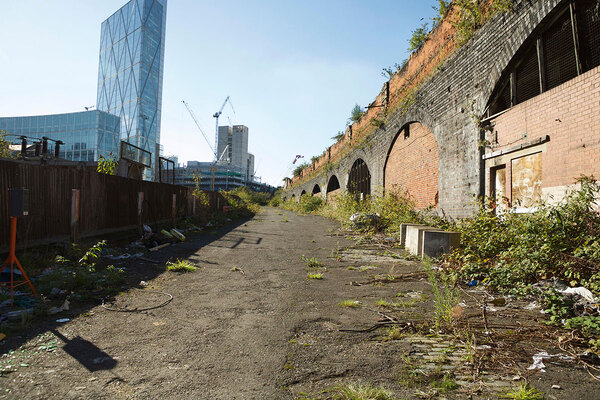You are viewing 1 of your 1 free articles

There are no silver bullets that will solve the housing crisis – not even cutting immigration
Instead of trying to cut demand for housing, we should focus on increasing supply, argues David Orr
“Tory housing minister Dominic Raab warns that immigration has pushed up house prices”.
This was the headline on an article in The Sunday Times that has caused a good deal of comment among people in housing.
Much of the comment has challenged the accuracy of the figures Mr Raab quoted. But, on the face of it, his argument makes sense.
More people means more demand in a market where there has been a decades-long shortage of supply.
Economics 101 teaches that if demand increases more rapidly than supply, prices increase. So to that extent Mr Raab is right.
The implicit suggestion is that without immigration we would have no housing crisis, or at least a much lesser one, and prices would be more affordable.
If only things were that simple.
As a country, our population has been steadily increasing.
Immigration is one factor in that growth. Increasing birth rates is another.
People living longer is a third.
None of these issues in itself is a problem.
The problem is that we have comprehensively failed to plan for the consequence of population growth and as a result have failed to build the homes we need. That’s why we have a housing crisis.
“We have comprehensively failed to plan for the consequence of population growth and as a result have failed to build the homes we need.”
Even if net immigration had been zero, we would still have a housing crisis and a broken market.
I guess you could advance an argument that a growing population is a problem. This doesn’t bear scrutiny.
If we had a declining population at the same time as people are growing older and living longer, we would have a huge economic challenge.
Those requiring pensions and other public services would continue to grow as the population of those in productive, tax-contributing employment was falling.
“Mr Raab’s analysis plays into the idea that there are easy, ‘silver bullet’ solutions – they don’t exist.”
Those countries which have experienced this have understood just how much of a problem it is.
And I don’t think anyone is suggesting that it is a bad thing that people are living longer.
Mr Raab’s analysis is, therefore, at best a partial one. It plays into the idea that there are easy, ‘silver bullet’ solutions.
They don’t exist.
We have to understand, respond to and plan for the world as it is, not as we would like it to be.
In the world as it is, we have a severe undersupply of homes that are genuinely affordable for those on very low incomes.
We have a severe undersupply of homes that are genuinely affordable for those on low to middle incomes.
We have a sprawling and rather chaotic private rented sector where rents in many places are eating more than half of the income of those who live there.
We have more people who own their homes outright than those who are buying with a mortgage.
This is a truly astonishing fact and shows more than anything else how difficult the market now is.
And we have places with a crude oversupply of homes but no jobs in the area.
This is a challenge of economic and housing renewal, but it’s also part of our broken housing market.
“I’d be prepared to bet that Help to Buy has had a bigger impact on increasing house prices than immigration.”
This is why demand-side subsidies have been so limited. They are designed to help more people become owners.
The evidence appears to be that they have led to price increases almost exactly equivalent to the value of the subsidy.
I haven’t seen an analysis of this but I’d be prepared to bet that Help to Buy has had a bigger impact on increasing house prices than immigration.
Perhaps the government could commission a study on this?
Supply-side subsidies – or public money being invested in the building of new affordable homes – increase overall supply, reduce rents and reduce the annual cost of housing benefit. We have to understand that the best way to increase opportunities for people to become homeowners is to ensure that the market works well everywhere, and that we deliver a sufficient supply of homes which people can really afford.
“We need to be strategic and long term in our thinking, investing in new building, regeneration and renewal.”
More homes for affordable rent would reduce the demand higher up the market and increase the number of homes available to buy.
In the end, there are no shortcuts.
A huge range of factors influence and connect. We need to be strategic and long term in our thinking, investing in new building, regeneration and renewal.
We need, as Mr Raab correctly says, opportunities for teachers and nurses to have good-quality, affordable homes – but we need that for everyone else, too.
The government’s stated target of 300,000 new homes a year, every year, is a proper statement of both ambition and need.
Let’s now focus on getting the land we need to build on, speeding up the planning process, building new garden towns, building on small infill sites, building homes in factories and making a real difference.
And who knows, if history is any guide to the future, it may well be some of the immigrants we have welcomed to our nation who will build the homes we need.
David Orr, chief executive, National Housing Federation











